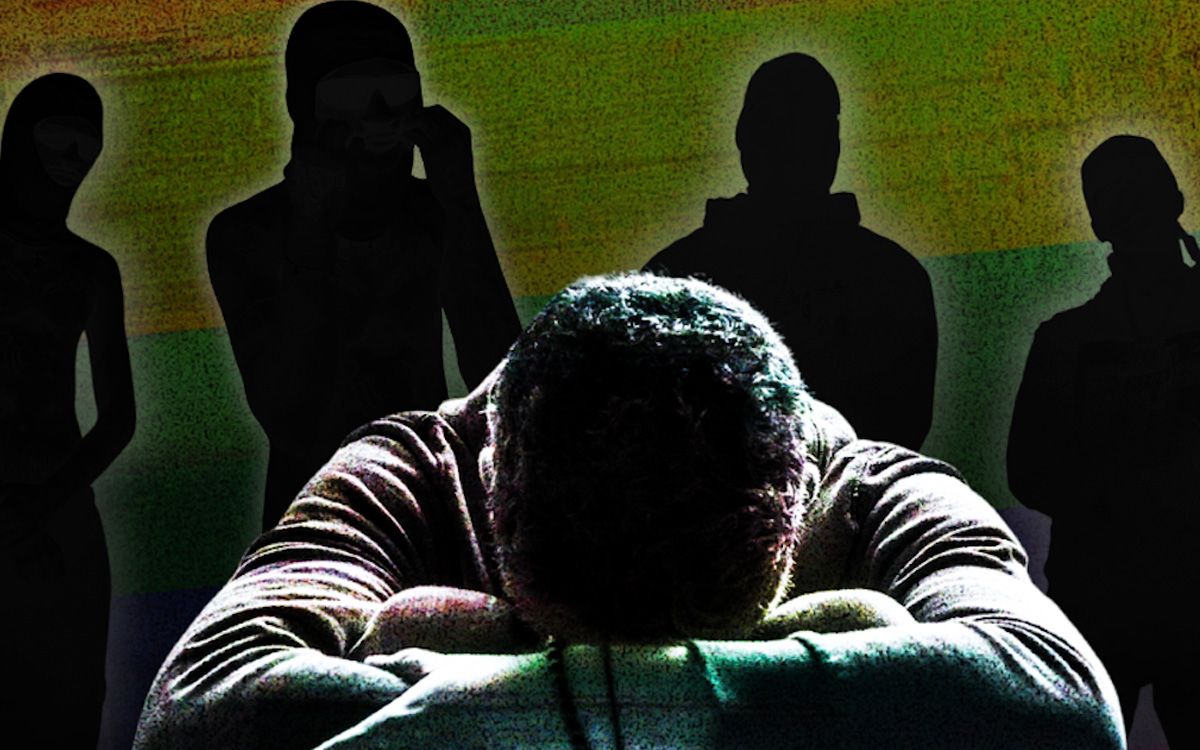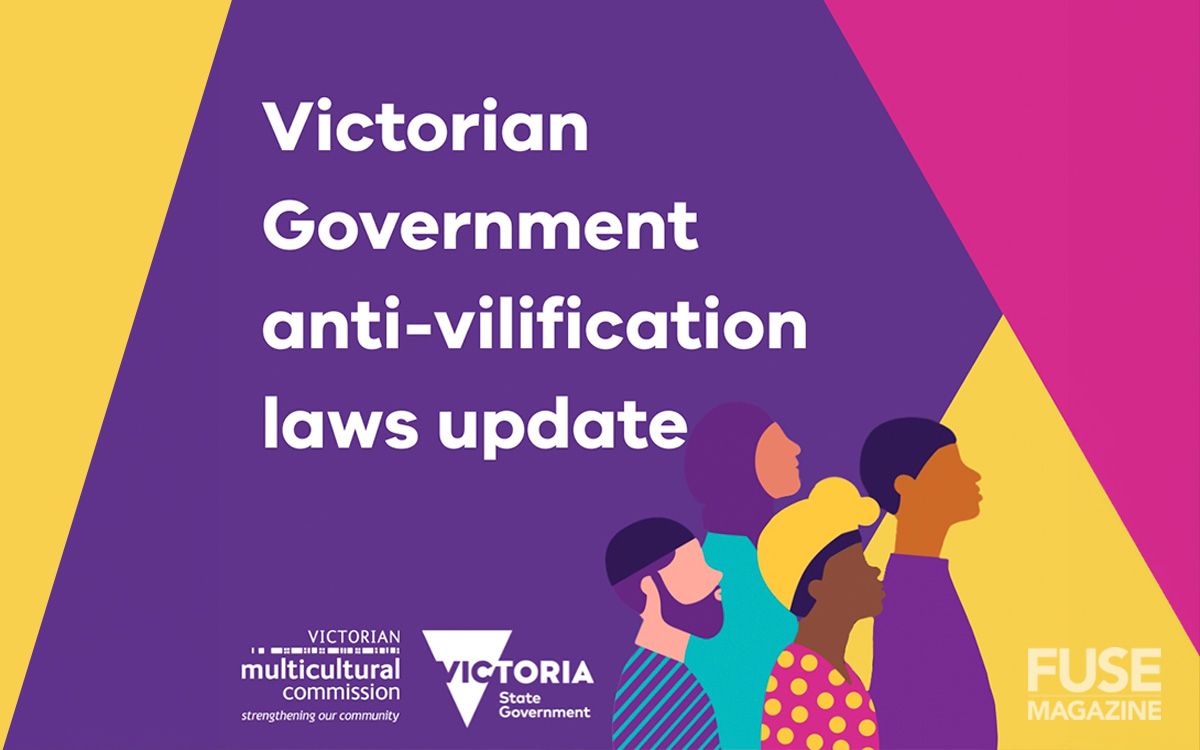Federal Court Appeal in Tickle Gender Discrimination Case begins

The high-profile legal battle between Sall Grover, founder of the Lesbian women-only social media app Giggle for Girls, and transgender woman Roxanne Tickle entered a new phase today, as Grover’s appeal against Tickle’s gender discrimination victory commenced in the Full Federal Court.
A four-day hearing, set to run all this week, follows last year’s landmark decision that found Ms Tickle had been indirectly discriminated against after being removed from the app, which brands itself as a safe digital space exclusively for women.
Justice Robert Bromwich, who presided over the original case, ordered Grover to pay Tickle $10,000 in damages, plus costs, concluding that the app’s policy unfairly disadvantaged transgender women despite its intent to exclude only men.
At the heart of the appeal is Giggle’s claim that its women-only policy should be protected as a “special measure” under Section 7D of the Sex Discrimination Act, meant to advance substantive equality for women.
Grover’s lawyers argue that ensuring a male-free digital environment is justified to address issues such as abuse, trauma, and to allow open discussion about women’s health and safety. They insist that there are already other support networks available to Ms Tickle and other transgender women.
However, the initial court decision rejected this “special measure” defence, with Justice Bromwich determining that the app had set conditions which disproportionately disadvantage transgender women. The court held that sex, for the purposes of the Act, was not limited to biological traits and could include legal and social recognition—making Tickle eligible for the app’s services as she is legally registered female.
The appeal has attracted further national attention, with third parties such as the Sex Discrimination
Commissioner and the Lesbian Action Group granted leave to intervene. Notably, Ms Tickle’s legal team has also cross-appealed, arguing that the discrimination should have been found to be direct, not merely indirect, and that damages awarded were insufficient.
A final decision from the Federal Court is expected to have significant implications for the legal definitions of sex and gender identity in Australian anti-discrimination law, as well as the future of women-only spaces both on- and offline.
The outcome of this high-stakes case is being closely followed by women’s rights groups, the LGBTQIA+ community, and legal experts nationwide.







